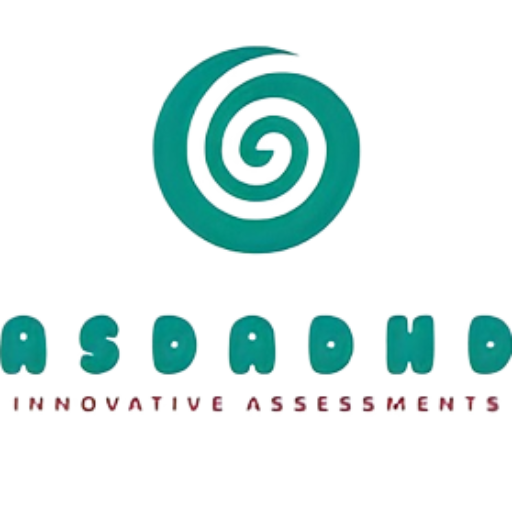15 Sep, 2023 | anishdr | No Comments
Understanding Autism in Children: Recognizing the Signs and Seeking Support
Autism in Children
Autism Spectrum Disorder (ASD) is a developmental disorder that affects individuals differently, manifesting a variety of symptoms that can change over time. Recognizing the signs of autism in children and understanding how to support them can be crucial in helping them navigate the world. Here, we delve into the signs of autism in children and the steps to take if you suspect your child might be autistic.
Recognizing the Signs of Autism
Autism can present differently in young children compared to older children. Some of the signs in young children include:
- Not responding to their name
- Having difficulties with eye contact
- Not smiling back when smiled at
- Getting upset over particular tastes, smells, or sounds
- Engaging in repetitive behaviors such as hand-flapping, spinning, or rocking
- Repeating the same phrases
Older children might exhibit signs such as:
- Difficulty understanding others’ feelings or perspectives
- Struggling to express their own feelings
- Preferring routine and getting upset when it changes
- Having intense interests in specific subjects or activities
- Finding it hard to make friends or preferring solitude
- Taking phrases literally, not understanding idiomatic expressions
- Being fascinated with symmetry and order
- Excelling in subjects like maths, science, music, or art
Autism in Girls
Autism can sometimes present differently in girls. They might:
- Hide signs of autism by mimicking other children’s behavior, a phenomenon known as ‘camouflaging’ or ‘masking’
- Appear to cope better in social situations but feel anxious
- Behave differently in school and home, experiencing “meltdowns” at home due to social exhaustion
Seeking an Autism Assessment
If you suspect your child might be autistic, it is advisable to seek non-urgent advice from various sources such as:
- Your local children’s disability network team (CDNT)
- Your GP
- Your public health nurse (PHN)
- Other health professionals your child sees
- Staff at your child’s school
Self-referrals to a CDNT are also possible.
Benefits of an Autism Assessment
Getting an autism assessment can offer several benefits, including:
- Understanding your child’s strengths and differences better
- Helping your child understand their strengths and differences
- Securing support for your child at school
- Accessing other supports such as financial benefits for parents and carers
Understanding themselves at an earlier age can empower autistic individuals to advocate for themselves, access supports and services earlier, and find people with similar experiences.
Conclusion
Recognizing the signs of autism in children and seeking timely assessment can pave the way for a supportive environment that caters to their strengths and differences. It is a step towards empowering them to understand themselves better and to advocate for their needs effectively.
This article is based on content supplied by the NHS and adapted for Ireland by the HSE. It is essential to keep abreast of the latest information and guidance, and to seek advice from reliable sources when in doubt.

Write Reviews
Leave a Comment
No Comments & Reviews